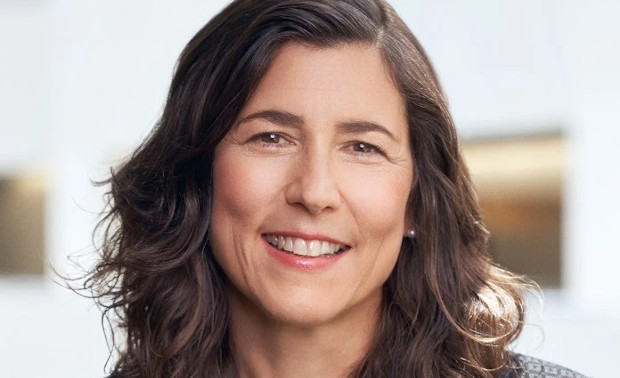Last weekend weekend, the world learned about the devastating loss of an icon who fought cancer so bravely.
ACS and ACS CAN extended messages of sympathy to actor Chadwick Boseman's family through social media.

ACS tweeted, "For more than a decade, we watched him transform himself into some of our greatest historical figures - Jackie Robinson, Thurgood Marshall, James Brown. He was also a superhero on screen and life. His transformational performance in Black Panther challenged Hollywood images and celebrated the Black community. And his dedication to sharing his craft with the world, all while battling this terrible disease, was a gift to us all. Our sincerest condolences are with his wife, his family, and all those who loved him."
ACS CAN tweeted, "A heartbreaking loss of someone so young, especially for kids who got to see a superhero who looked like them for the first time. And a reminder that cancer doesn’t care if you are young or old, a celebrity or not…or if you’re a superhero."
Rebecca Siegel, scientific director, Surveillance Research (pictured here), was quoted in an Aug. 29 article in USA Today on the how colorectal cancer disproportionately affects Black Americans. "The mortality difference is what’s striking," Rebecca said. "It’s also the elephant in the room of systemic racism that has been going on for decades and affects everyone in the Black community, regardless of their wealth status."
In an article in The New York Times on the same day, she said: "The five-year survival rate for young people for early-stage disease is 94%." For people with late stages of the disease, the survival rate can be as low as 20%, she said, adding that early diagnosis is "the difference between life and death."
Unfortunately, young people are less likely to receive an early diagnosis. Rebecca told the Times that the average time from symptoms to diagnosis for people under 50 is 271 days compared with 29 days for people 50 and older.
“Young patients have symptoms, sometimes for years. For one thing, they’re much less likely to have health insurance than older people, and so they have less money. And they’re thinking, ‘I’m a 30-year-old, what could be wrong with me — it’s going to go away,’” Rebecca said.
For information on colon cancer signs, risk factors, and prevention, visit cancer.org.

No comments:
Post a Comment